In these months I’ve been asking myself where I will be in a few years’ time. Where will my work be and what will my responsibilities be? Where will I live? Will I have to learn new languages?
Many years ago, journeying on foot towards Santiago de Compostela we met a pilgrim with a white beard and a series of strange objects hanging from his neck. He had glasses held together with tape and an eye which was covered, like a pirate. In a mixture of French and Spanish, he explained that the difference between a beggar and a pilgrim is in the destination. He saluted us saying: “Ultreia!”, which we later discovered to be the ancient pilgrims’ motto which means “move on!”. After saying goodbye, I felt the desire to look back to see if he was still there or if he had been an angelic apparition.
Eighteen years later something made me recall that episode between the plates of trofie (a type of pasta) of the feast of San Marcellino, in the square in front of the church. My spirit mingled with people’s stories. There were Jesuit novices, employees and volunteers from San Marcellino, guests to whom we offer shelter and homeless people who were passing by so as to eat something. There were so many different tales that were recounted. Among these, I was struck by the stories of the volunteers regarding the world of work, a world that I know very well from direct experience. A continual reduction of personnel and costs with the increase of working hours. The closure of businesses and the fear that their own company will close. Unemployment at fifty is not always accompanied by a social safety net. All this mixed with stories of the homeless, their continuous search for a place to stay and a warm meal to eat, hours and hours walking around the city without a destination, waiting for the right time to enter a meal center or dormitory . I saw a precariousness of the world in which we live. It is a precariousness that touches different people on different levels, from work to the search for a roof over their heads, from the search for the ultimate meaning in life to the increasingly difficult reconciliation between one’s own desires and the reality of things.
Then came the experiment of “the pilgrimage in poverty”, once again on pilgrimage after many years, once again in this great and symbolic journey that represents our life. In the difficulty and tiredness I remembered the episode of the pilgrim who told me “Ultreia!”. We did not know where we would sleep and what we would eat but we knew for Whom and for what we were walking. We were trying to follow the footsteps of the great King and nothing could have given a stronger flavour to our progress and a more profound answer to my questions.

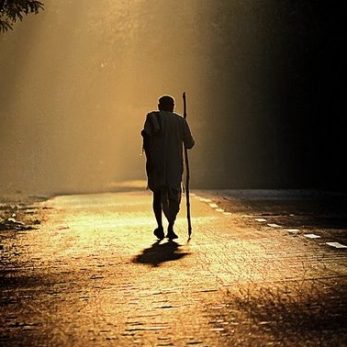
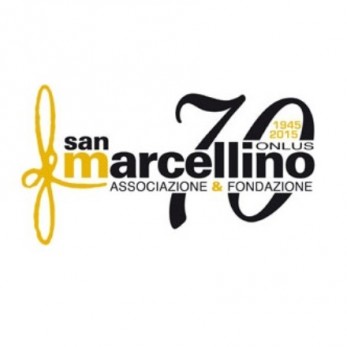
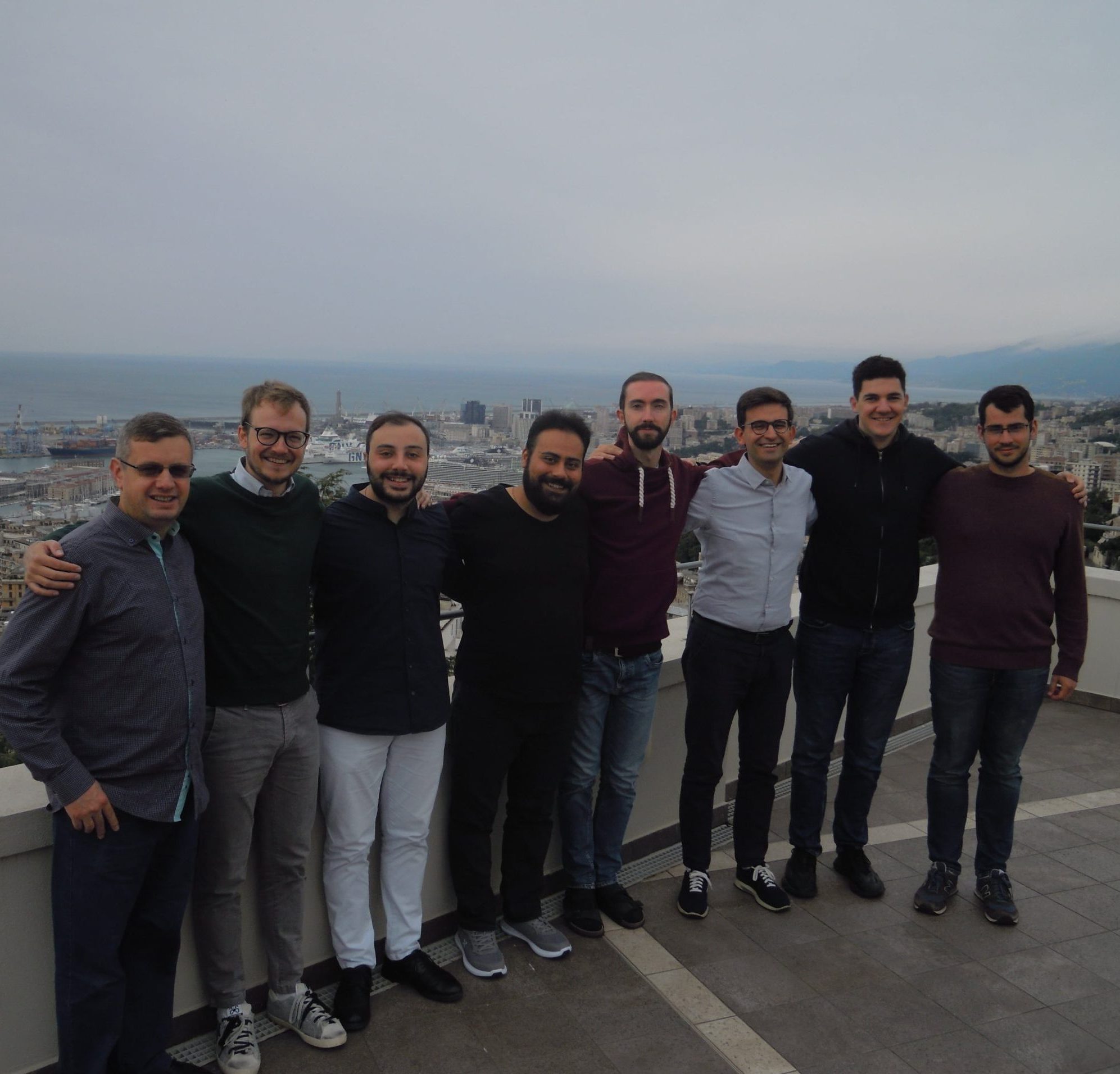
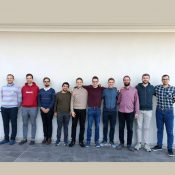
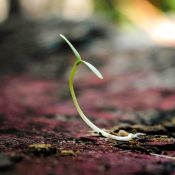
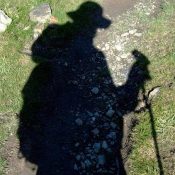
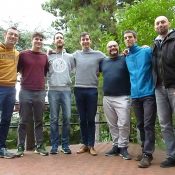
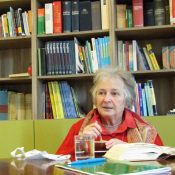
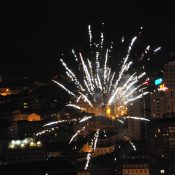
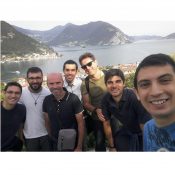
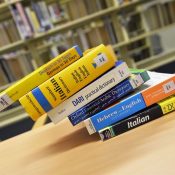


Comments